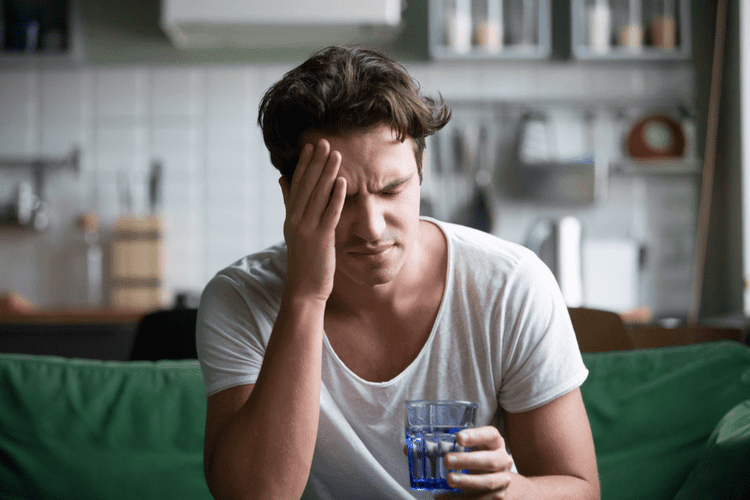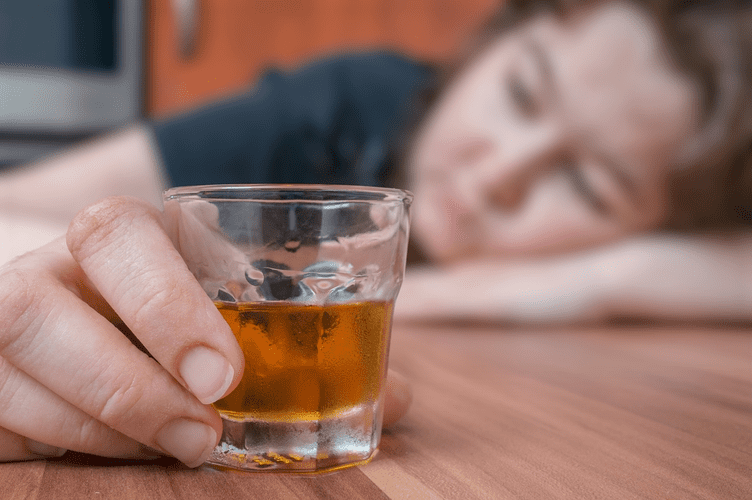Drinking alcohol could also make it harder to treat your depression or anxiety. That’s because alcohol can change the balance of chemicals in your brain that affect mood. An overdose on Xanax can be life-threatening, especially if the substance is taken with alcohol. Alcohol is particularly dangerous when mixed with Xanax bars because they are both depressants; combining does alcohol give you anxiety the two can lead to an overdose and respiratory failure. Even if you have failed previously, relapsed, or are in a difficult crisis, we stand ready to support you. Call us when you feel ready or want someone to speak to about therapy alternatives to change your life.
Can You Be Addicted to Xanax If a Doctor Prescribed It? What You Need to Know

The common-factor model of comorbid anxiety and AUDs presumes that no direct causal relationship exists between the two disorders. Instead, so-called third variables are posited to account for their joint presence. However, when the investigators controlled for other variables, such as prior other drug dependence and depression, the presence of anxiety disorders no longer was a significant predictor. The results of this study suggest that the link between anxiety and AUDs was not direct but instead may have been a consequence of those other variables studied. Support for the role of genetic factors as a cause for the co-presence of these disorders indirectly has been provided by family and twin studies (e.g., Merikangas et al. 1994, 1996; Tambs et al. 1997).
- Many individuals with depression turn to alcohol as a form of self-medication, seeking temporary relief from their emotional pain.
- You may feel confused about what’s happening to you and this could make you feel even more anxious.
- Recent statistics reveal a concerning correlation between anxiety and alcohol use.
- The therapy teaches you to be aware of your senses and could also make you more conscious of your thoughts and their patterns.
Appearance Effects of Alcohol
It’s fairly common to feel some level of anxiety in a relationship, especially when the relationship is new. Even if everything is going well, you may worry that something will go wrong or have a feeling that something isn’t right. Often, situational anxiety can be treated with medication such as propranolol. This could ease the symptoms of your anxiety and help you cope better http://dummy.maxerience.com/14-healthy-coping-strategies-and-skills-to-cope/ with your anxious feelings. Because your body releases adrenaline and cortisol in response to your anxiety, you may experience a number of physical symptoms as well as psychological changes. For example, you may have heart palpitations, breathing difficulties, dizziness and nausea.
Enlightenment View of Addiction: A Paradigm Shift in Understanding Substance…
Various treatment approaches and settings can help provide the ongoing support necessary to maintain long-term sobriety after you complete detox. Antidepressants may be taken every day to help treat anxiety, while benzodiazepines are generally used for temporary relief from uncontrollable feelings of anxiety. Talk to your doctor to decide which type of medication is best for you. If you think you have a problem with alcohol, seek help from your doctor right away.
- This type of anxiety could have a negative impact on your relationships.
- You may also be prescribed Serotonin and Norepinephrine Reuptake Inhibitors, also called SNRIs.
- Often, one of the best things you can do is listen without judgement.
- If you’re struggling with anxiety and alcohol addiction, a treatment center can help you uncover the cause of both conditions and make a plan to address them.
Are Some Alcoholic Drinks Safer for Anxiety Disorders Than Others?
Lorazepam is another benzodiazepine that enhances GABA activity in the brain, reducing anxiety. Ativan is prescribed for the management of anxiety and, less frequently, for the short-term treatment of insomnia. It also may be used to treat seizures or administered as an IV sedative before anesthesia. It is usually taken as an oral tablet, but it can also be delivered via injection. We believe everyone deserves access to accurate, unbiased information about mental health and recovery. That’s why we have a comprehensive set of treatment providers and don’t charge for inclusion.
- Feelings of paranoia, worry, fear, and despair are all common in individuals tapering off alcohol.
- Irritability is more common in individuals who consume alcohol heavily over long periods.
- McCoy has written for publications like Remedy Health Media, Sleepopolis, and Expectful.
Long-term alcohol use can have significant consequences for anxiety disorders. Understanding alcohol as a depressant is crucial in comprehending its effects on mental health. Chronic alcohol consumption can alter brain chemistry, leading to increased anxiety and potentially exacerbating existing Drug rehabilitation anxiety conditions. Moreover, alcohol dependence can develop as individuals rely on drinking to manage their anxiety symptoms, creating a dangerous cycle of self-medication. Similar to the other modalities described here, administration of these psychosocial treatment strategies for alcohol problems can be less straightforward with individuals who have comorbid anxiety and AUDs. Clients with social anxiety disorder, for example, may have difficulties with several elements of standard psychosocial approaches for alcoholism.
“But what about one drink?”

Physical symptoms of anxiety can include sweating, trembling, elevated blood pressure, and rapid breathing. The symptoms can go on for an extended period of time, usually months, without relief. In this case, the person may have Generalized Anxiety Disorder (GAD).





